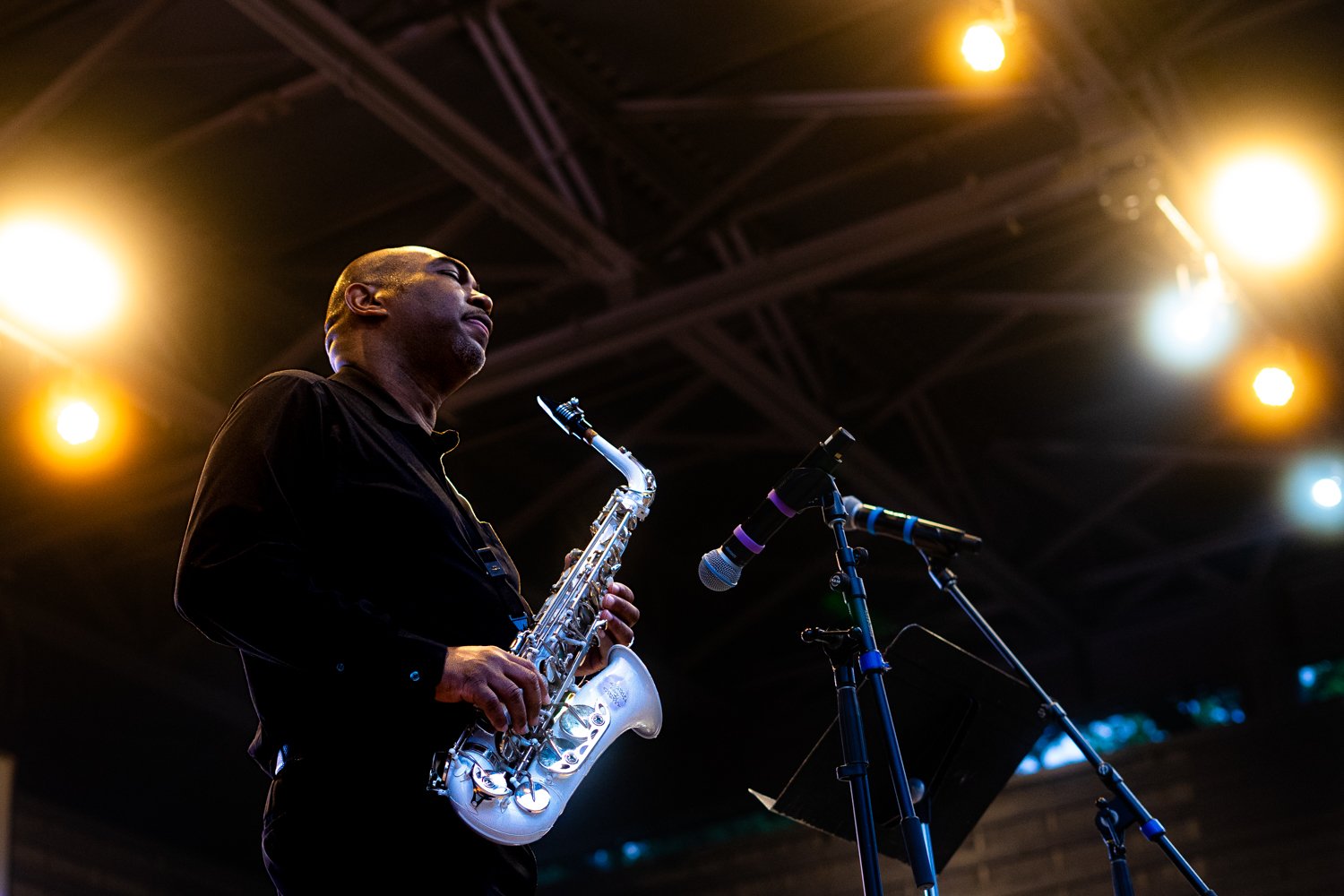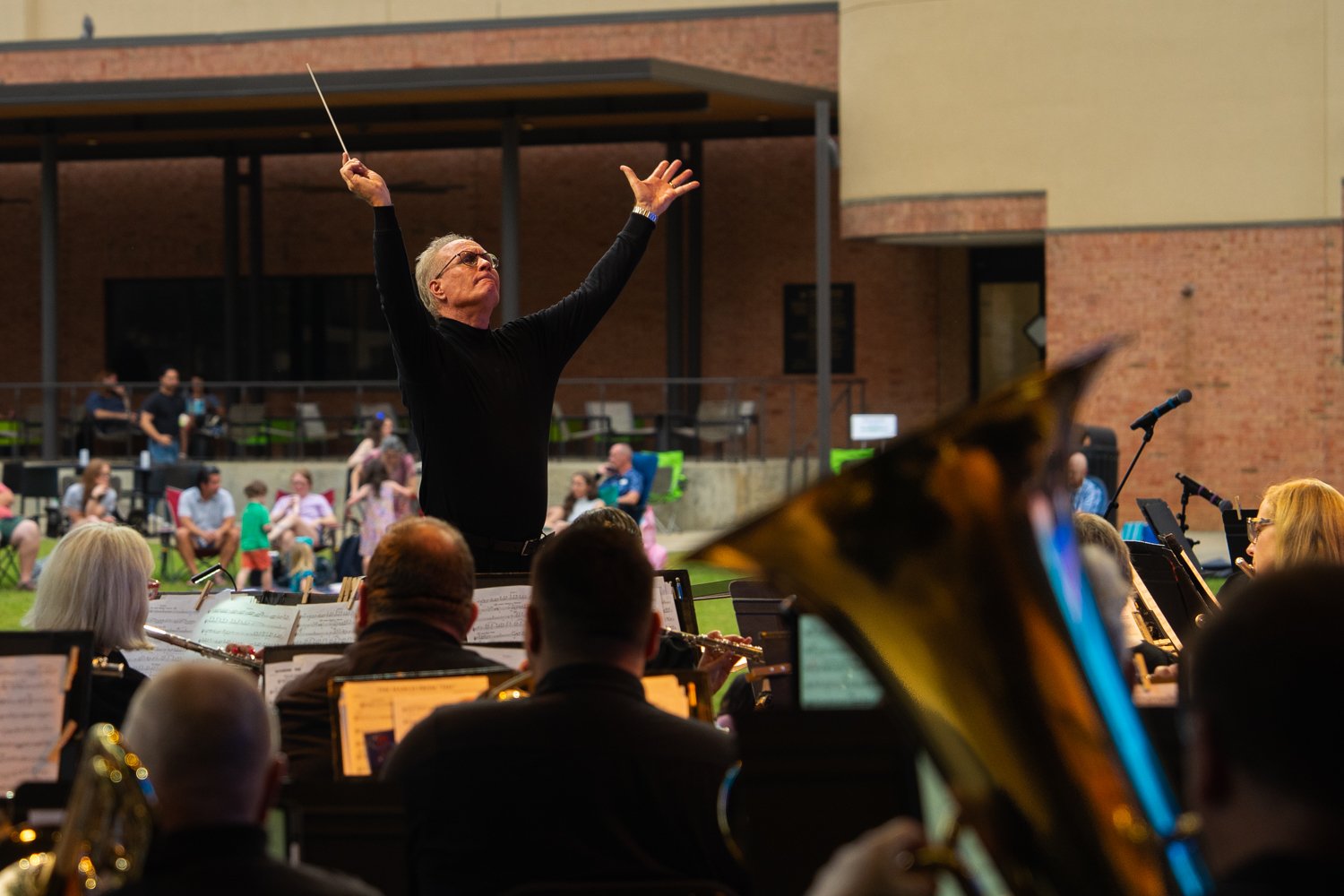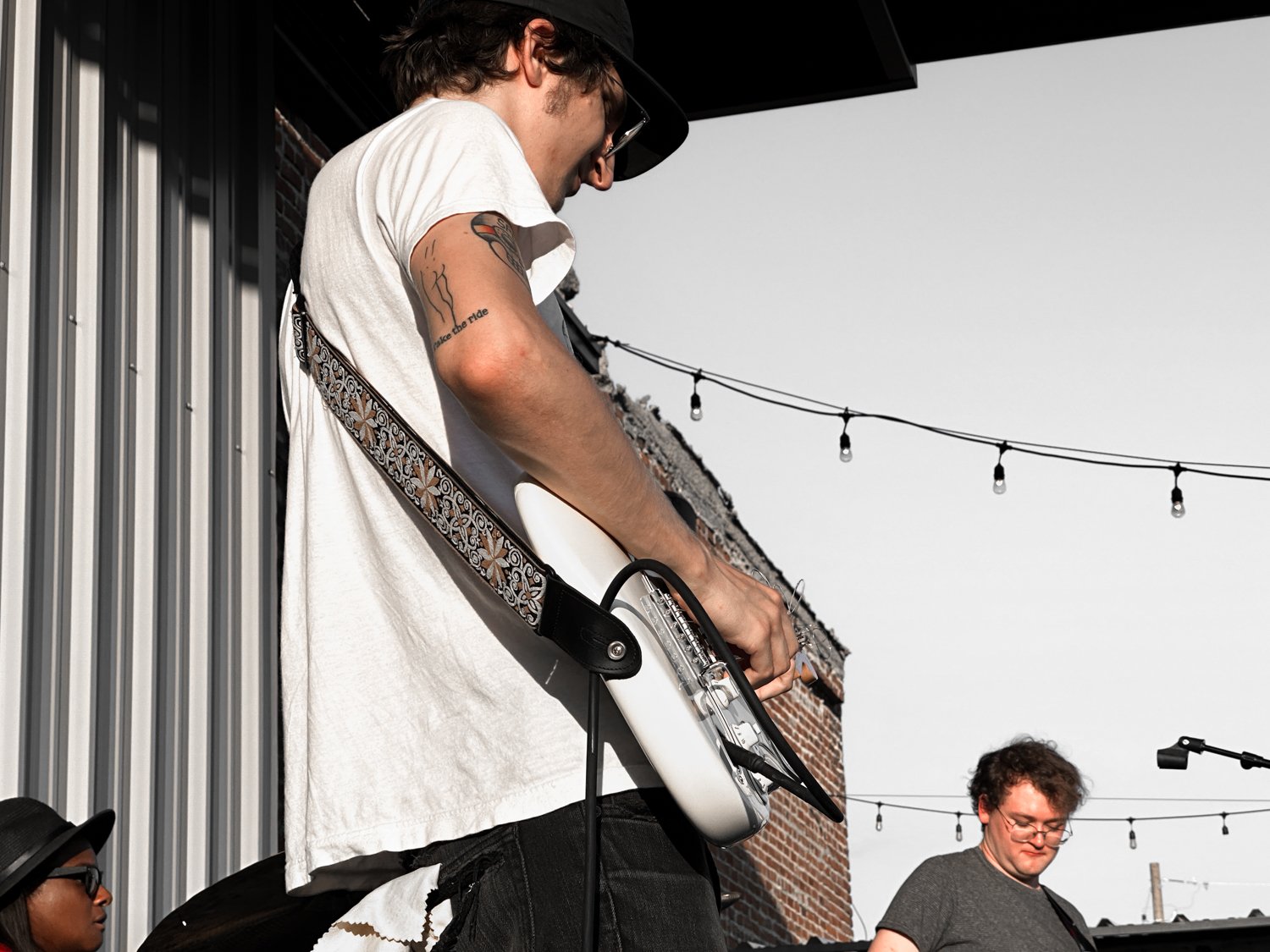Media that puts forward thinkers first.
From artists and nonprofits to startups and service providers, Panhandler Inc. brings your mission to life through sharp visuals and authentic storytelling.
Connect with your audience, your clients, and your community.
What We Do
Photography & Videography
Live music and event coverage
Artist and band promo shoots
Music videos and reels
Short-form documentaries and interviews
Audio & Multimedia Production
Podcast production and editing
Narrative audio features
Multimedia content for social and web
Writing & Editorial
Artist features and interviews
Event coverage and reviews
Branded storytelling and blog content
About
Ian Schiller is a writer, photographer, and multimedia producer based in Memphis, Tennessee. As the founder of Panhandler Inc., Ian created the studio as a platform to tell authentic stories from the city’s vibrant arts and music scenes. With a background in marketing, business development, and journalism, Ian blends sharp editorial instincts with a strong visual eye to produce content that resonates.
His work has been featured in the Memphis Flyer and used by artists, musicians, and local organizations across digital and print platforms.
About Panhandler Inc.
Telling stories through words, visuals, and sound.
Panhandler Inc. is a creative media studio offering comprehensive media services, including audio, visual, editorial, and consultative services. We specialize in capturing the spirit of artists, bands, events, and cultural organizations through authentic, story-driven content.
Whether you're a musician looking for dynamic promo shots and live performance videos or an organization that needs compelling written features and digital assets, Panhandler Inc. brings your vision to life.
Publications & Past Partnerships
Germantown Performing Arts Center - Memphis Wind Symphony - Memphis Flyer - Memphis Parent Magazine - Church Health - Crooked Diehl - Raneem & Better in Color - Qemist - Remember Media - 96x Memphis

















Blog
〰️
Blog 〰️

Pots and Pans - Panhandler Food Review: Good Fortune Co.
It feels like Good Fortune can't miss. Famous for their ramen, handmade dumplings, and one-of-a-kind chicken wings, its the immaculate vibes brought on by dedicated staff that keeps us coming back!

BUSINESS IS BUSINESS: Young Thug's Darkest Hour, the Album it spawned, and the Fight for His Life
BUSINESS IS BUSINESS: Young Thug’s project 1 year later










